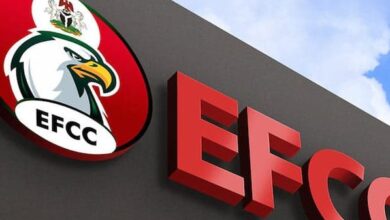Domestic refining revolution threatens fuel importers’ survival, CORAN alerts

Lagos, Nigeria – April 20, 2025 – CORAN has warned fuel importers to adapt quickly or face extinction as Nigeria prioritizes domestic refining. The association issued this alert following the Federal Government’s controversial naira-for-crude policy revival.
Furthermore, CORAN’s Publicity Secretary Eche Idoko compared resistant marketers to obsolete water vendors fearing pipe networks. He emphasized that depot owners opposing progress risk becoming irrelevant in the evolving energy landscape.
Meanwhile, staggering March financial reports reveal importers lost N76.5 billion due to Dangote Refinery’s competitive pricing. As consumers increasingly prefer cheaper local fuel, marketers now sell imported products at devastating losses.

However, DAPPMAN strongly opposes the naira payment policy, arguing it violates global crude trade standards. Executive Secretary Olufemi Adewole warned dollar-denominated transactions remain essential for attracting foreign investment and maintaining market stability.
Consequently, industry analysts urge importers to urgently reinvent their business models. With government-backed refineries gaining dominance, clinging to outdated importation strategies promises diminishing returns.
Moreover, the Dangote Refinery’s expansion signals irreversible market changes. Its growing production capacity continues displacing imported fuel, reshaping consumer preferences nationwide.
Additionally, experts highlight how this shift strengthens Nigeria’s energy independence. Reduced fuel imports may finally ease decades of foreign exchange pressures and subsidy burdens.
Nevertheless, transition challenges persist as infrastructure gaps temporarily limit domestic refining distribution. Strategic investments must accelerate to ensure nationwide fuel accessibility during this transformation.
Importantly, the government maintains its commitment to local refining despite opposition. Policy makers argue this direction aligns with long-term economic diversification goals and job creation targets.
As the standoff continues, smaller marketers face particularly severe risks. Without vertical integration into refining, their survival depends on forging new partnerships or exiting the market.
Ultimately, Nigeria’s petroleum sector stands at a historic crossroads. While domestic production promises national benefits, the human and financial costs of this transition demand careful mitigation strategies.
The coming months will prove decisive as stakeholders either embrace change or resist progress. One reality grows increasingly clear – Nigeria’s fuel future will be refined locally, not imported
Post Views: 31





